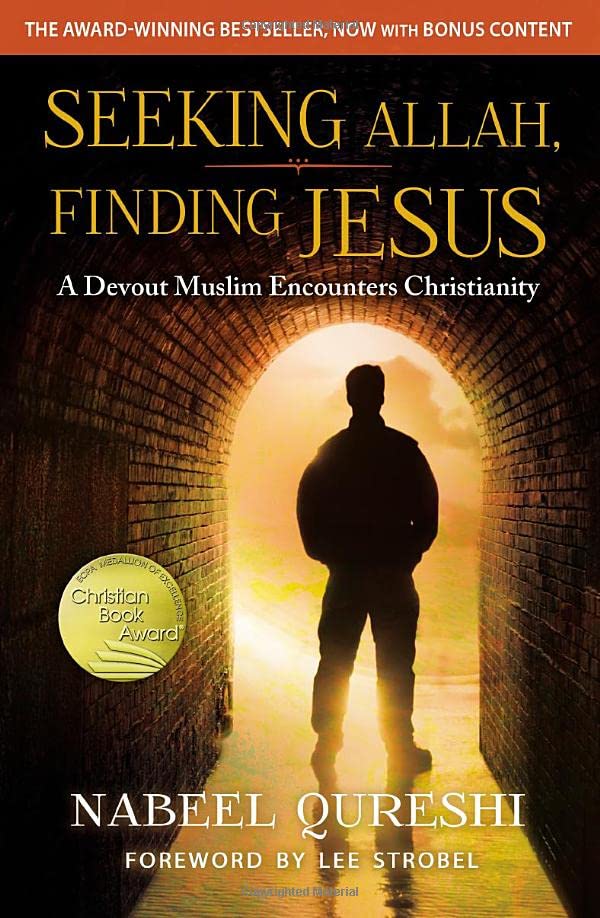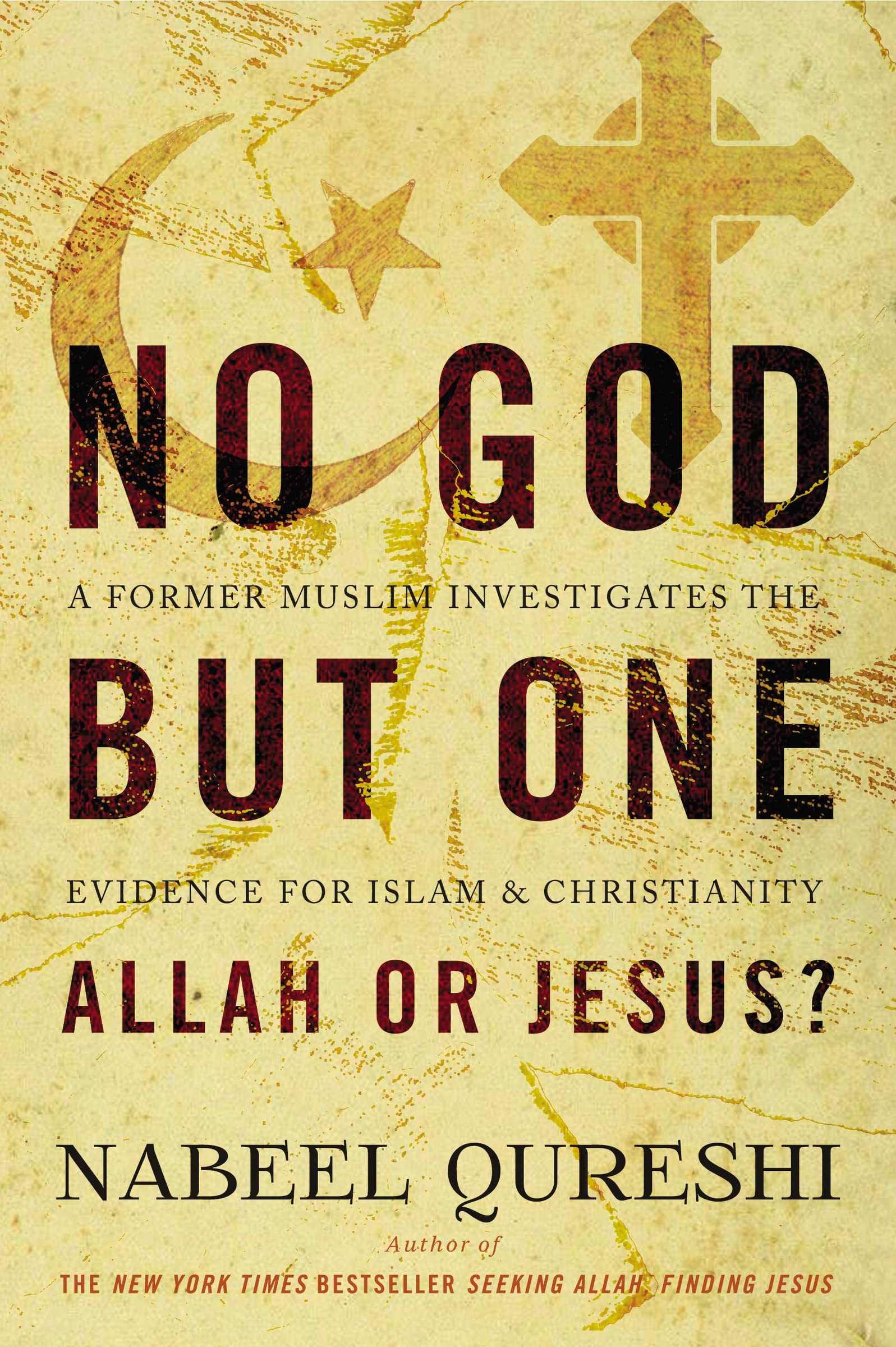Islam is the second largest religion, the first being Christianity. There are many difference between the Christian worldview and Islam. Here are some various differences and little known facts. Also, there are articles, books, and videos below to help you dive deeper into this topic. It's important to know what they believe so you can better share the Gospel.
10 Things Christians Should Know About Islam
1. “Muslim” and “Arab” are not the same thing. “Muslim” is a religious term. A Muslim is someone who adheres to the religion of Islam. “Arab,” on the contrary, is an ethno-linguistic term. An Arab is a member of the people group who speak the Arabic language. It is true that Islam originated among the Arabs, and the Qur’an was written in Arabic. However, some Arabs have historically been part of the ancient orthodox Christian churches. On the other hand, Islam spread far beyond the Arab world, and today most Muslims are not Arabs. This includes the Turks, the Kurds, the Iranians, the Pakistanis, other South Asian Muslims, the Malaysians and the Indonesians, almost all of whom are Muslim but none of whom is Arab.
2. The word “Islam” means submission. A Muslim is someone who submits to God. The Islamic conception of who God is, and how he is to be worshiped and served, is based on the teaching of Muhammad. Thus the Islamic creed is: “There is no God but God, and Muhammad is his prophet.”
3. There are two major denominations of Muslims.The two major denominations of Muslims are Sunni and Shi’a. Sunnis are the vast majority, at 85 percent of all Muslims. The split occurred in the first generation after Muhammad’s death and was based on a dispute over who should succeed him as leader of the Islamic community.
4. Islamic theology could be summarized as belief in one God, his prophets, his books, his angels, his decrees, and the final judgment. Islam teaches that humans are born spiritually neutral, perfectly capable of obeying God’s requirements completely, and that they remain this way even after they’ve personally sinned. The need of humanity, therefore, is not salvation but instruction; hence Islam has prophets, but no savior.
5. Islam teaches that Jesus was a great prophet. Islam affirms that Jesus was born of a virgin, that he lived a sinless life, that he performed mighty miracles, and that he will come again at the end of history. It even calls him a word from God. However, it explicitly denies the deity of Christ and repudiates the title “Son of God” as blasphemous. It also (according to the majority view) denies he died on the cross, claiming that Jesus’ visage was imposed on someone else, who was then crucified, and that Jesus was taken up into heaven without tasting death. Islam explicitly denies the possibility of substitutionary atonement.
6. Islamic practice can be summarized by the Five Pillars of Islam. These are composed of the confession of faith (“There is no God but God, and Muhammad is his prophet”), prayer (the ritual prayers said in Arabic five times a day while facing Mecca and performing the prescribed set of bowings, kneeling, and prostrations), alms (taken as a tax in some officially Islamic countries), fasting (the lunar month of Ramadan, during which Muslim believers fast during daylight hours but can eat while it’s dark), and pilgrimage (the Hajj, or pilgrimage to Mecca, which every Muslim believer should make once in his or her lifetime).
7. The vast majority of Muslims are not terrorists. In fact, normal Islamic religious law forbids the intentional killing of non-combatants in battle. It also forbids suicide. It’s a small minority view that allows these things, and it’s a small minority who engage in terrorist activities.
8. Muslims can be some of the friendliest, most hospitable people on earth. They make great neighbors and great friends. No Christian should be afraid to build a relationship with a Muslim.
9. Muslims need salvation through Jesus Christ. They are lost exactly like any other non-Christian—neither more nor less than anyone else. Furthermore, Muslims do come to faith in Jesus Christ. It usually takes time, and extended exposure to the Word of God and the lives of Christians, but more Muslims are coming to faith today than at any other point in history.
10. God loves Muslims, and so should we—even those few who are our enemies. We should love them enough to befriend them, love them enough to make them welcome in our homes, and love them enough to share the gospel with them.
Six Systematic Doctrinal Denials
- Islam denies the Trinity (i.e., tri-unity: One God in three persons). Muslims instead affirm a form of unitarianism where Allah is a single, solitary being (tawhid) with no partners, equals, rivals, or companions. Allah is not begotten nor does he beget; therefore, he has no son.
- Islam denies the incarnation (i.e., Jesus Christ was God in human flesh: a single person with both a divine and human nature). In contrast, Muslims assert that Jesus was a mere human being. Yet Islam does concur that Jesus was virgin-born, performed miracles, and lived a sinless life.
- Islam denies the crucifixion (i.e., Jesus’s atoning death on the cross). Muslims instead declare that Jesus either didn’t actually die on the cross (though he may have been impaled) or that someone else took Jesus’s place on the cross. But either way, Islam is not a redemptive religion.
- Islam denies the imago Dei (i.e., human beings bear God’s image). In contrast, Muslims affirm that such an image would put creatures too close to Allah (the heresy known as “shirk”). Thus in Islamic theology, human beings are not made in Allah’s image.
- Islam denies original sin (i.e., that human beings are born with a sinful nature and a natural propensity to sin). Instead, Muslims assert that people are born morally good. So Islam rejects the Christian doctrine of the fall.
- Islam denies salvation by grace (i.e., that human beings are reconciled to God by God’s unmerited favor apart from works). In contrast, Muslims proclaim that personal submission is required to earn paradise. So both paradise (reward) and divine wrath (punishment) are earned.
Articles of Interest
* Some of the above came from below resources.



















